Zimbabwe and the UK are rekindling diplomatic ties after almost three decades of tension, driven by a global surge in demand for critical minerals that's led the former colonial power to pursue $1 billion in deals with the resource-rich nation.
In June, the UK dispatched Minister for Africa Lord Ray Collins of Highbury to meet Zimbabwean President Emmerson Mnangagwa and other senior leaders. The trip marked a rare encounter between the two nations' officials after years of deteriorating relations, especially under former President Robert Mugabe - a vocal critic of Britain's 90-year colonial rule of the southern African nation.
Collins described his visit as a "mission for economic growth" that would lead to "a win-win situation" for both countries. The British Embassy in Harare echoed that sentiment in the past week, citing a $1 billion pipeline of prospective deals across key sectors such as agriculture, finance, telecommunications, renewable energy and critical minerals that it wants to close.
It identified the 30-megawatt Vungu solar energy investment as a "beacon project" and said others will follow soon.
"The UK is working hard to increase trade and investment for mutual benefit," a spokesperson said in an emailed response to questions.
Zimbabwe's foreign affairs spokesperson didn't respond to a request for comment.
Relations between Zimbabwe and Western powers, including the UK, were largely cordial after independence in 1980, with Britain serving as the country's biggest trading partner and a key source of aid supporting land reform and economic development. In 1997, the ties deteriorated after Britain refused to fund the land reform program. In a letter that November, the UK government said it had no colonial obligation to finance the program. That sparked tensions between the two countries and fueled debate over land redistribution in Zimbabwe.
Two years later, Zimbabwe defaulted on loan repayments, and in 2000, it began state-sanctioned farm seizures that displaced 4,500 White farmers and caused agricultural output to plunge. In response, the UK and other Western nations imposed sanctions, citing violations of property rights.
By 2024, the UK ranked as Zimbabwe's 14th-largest trading partner, with total trade valued at $155 million — significantly overshadowed by China's $3.9 billion and the United Arab Emirates's $2.9 billion.
The UK's renewed engagement with Zimbabwe reflects more than a diplomatic thaw and signals a strategic interest in critical minerals, particularly lithium, said Zaynab Hoosen, senior Africa analyst at Pangea-Risk, a specialist intelligence advisory firm. "Zimbabwe's substantial lithium reserves offer a timely opportunity to diversify supply chains and reduce reliance on dominant producers."
Western nations from the US to the UK are scouring the globe for greater access to critical minerals needed for clean energy, military infrastructure, advanced defense systems, semiconductors and electric-vehicle batteries.
The UK said in a policy paper last month that an upcoming critical minerals strategy will highlight the importance of forming targeted growth partnerships.
Its strategy in Africa is undergoing an overhaul from traditional aid toward commercially focused, mutually beneficial ties under its new "Approach to Africa," unveiled in June, Hoosen said. "Recent moves include an infrastructure partnership with South Africa, which builds on existing cooperation in platinum group metals and the UK's first trade and investment mission to Angola, where UK-based firm Pensana Plc is advancing the Longonjo Rare Earth Project."
For Zimbabwe, the benefits go beyond minerals diplomacy, as the stronger ties with the UK "offer access to diversified investment, expanded trade and renewed international legitimacy," Hoosen added.
The improved relations also coincide with Zimbabwe's "economic diplomacy" strategy adopted by its cabinet last month that prioritizes key sectors including mining, manufacturing and agriculture in foreign relations.
"Zimbabwe is what it is because of the economic endowments that it has," Foreign Affairs and International Trade Minister Amon Murwira told a post-cabinet briefing on July 29 as he unveiled the new policy. The southern African nation won't hesitate to "leverage" on its natural resources to further its national interests, he said.
- Bloomberg
 Zimbabwe faces new threat from AI voice cloning scams
Zimbabwe faces new threat from AI voice cloning scams  ANC dares the United States to sanction it
ANC dares the United States to sanction it  UK's Boris Johnson quits over Brexit stretegy
UK's Boris Johnson quits over Brexit stretegy  RBZ crackdown on money laundering
RBZ crackdown on money laundering  Zimbabweans pledge property for loans
Zimbabweans pledge property for loans  Kariba water level declines
Kariba water level declines  Young Investment Professional (YIP) Graduate Programme 2019
Young Investment Professional (YIP) Graduate Programme 2019 
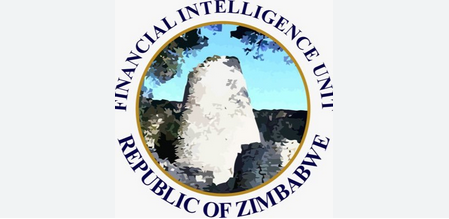
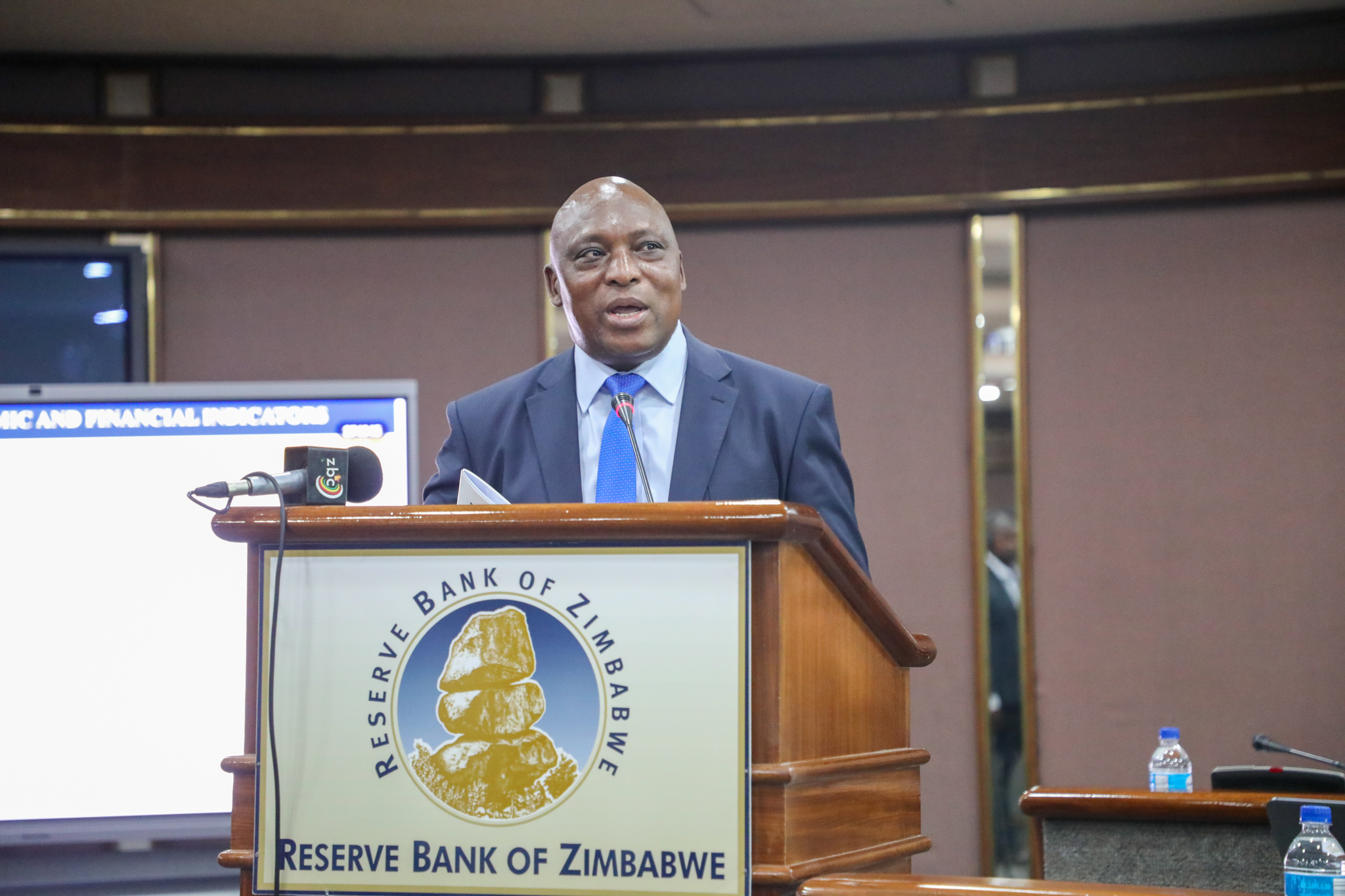

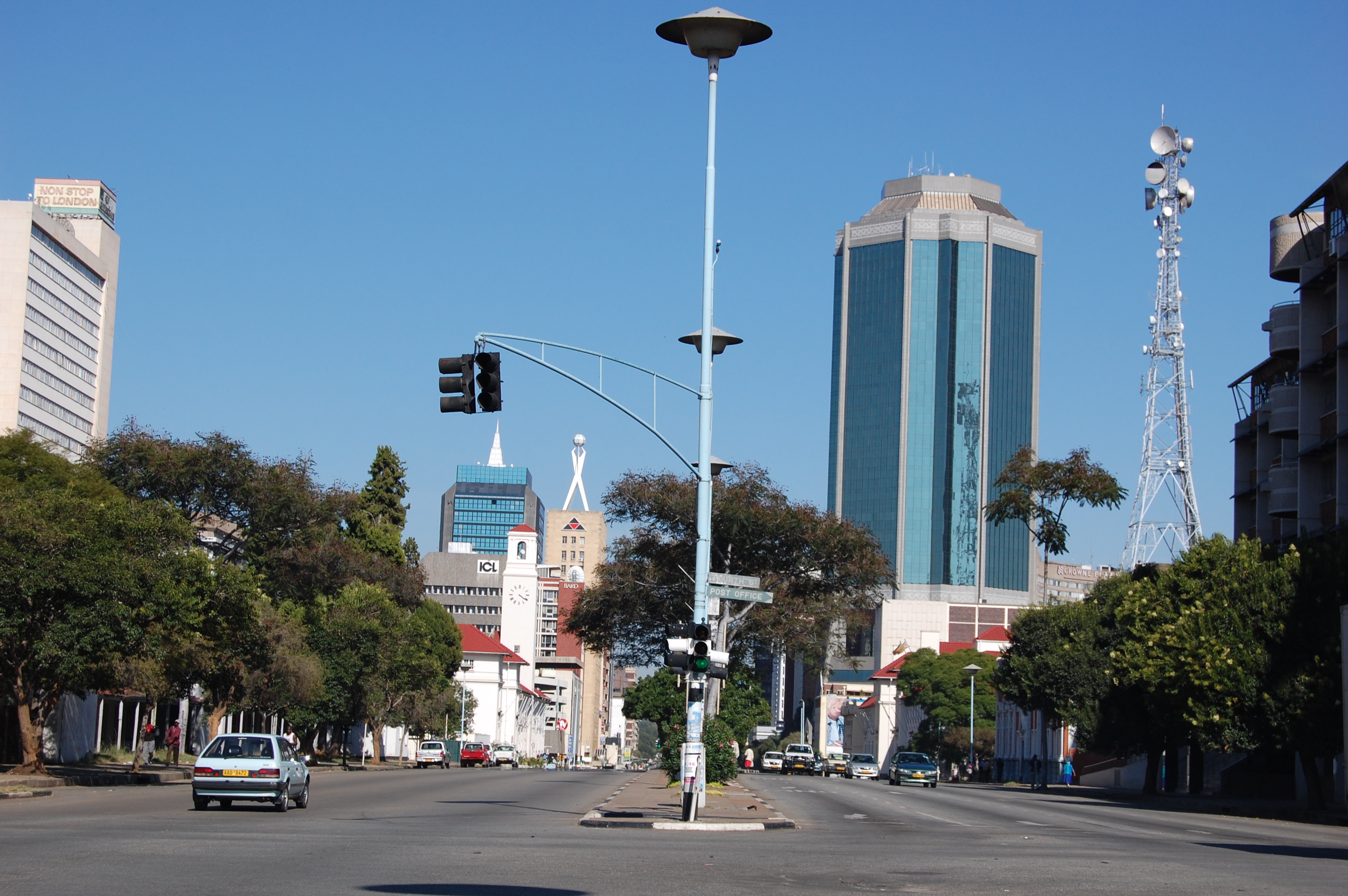
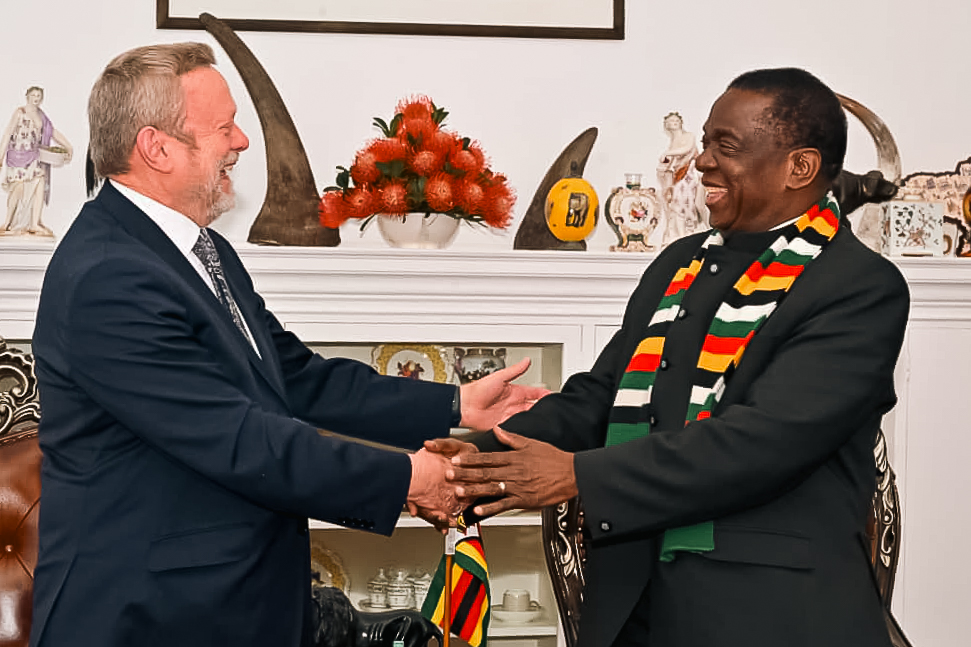
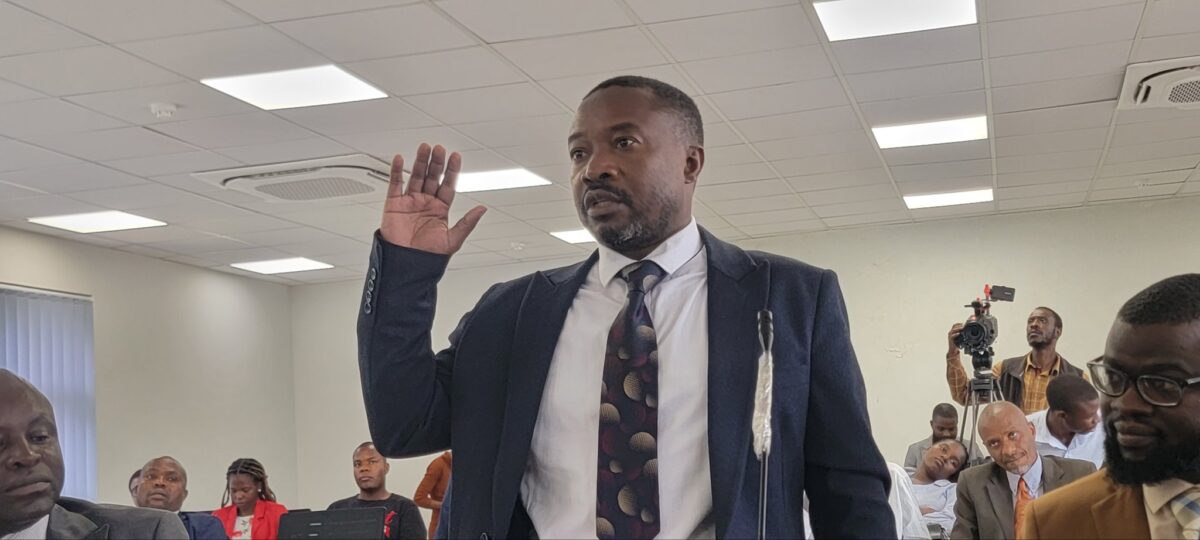

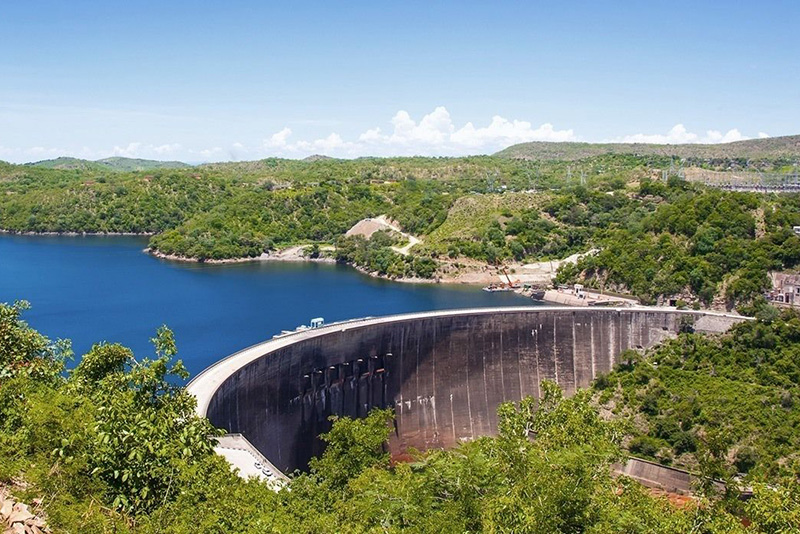


 Young Investment Professional (YIP) Graduate Programme 2019
Young Investment Professional (YIP) Graduate Programme 2019
Editor's Pick